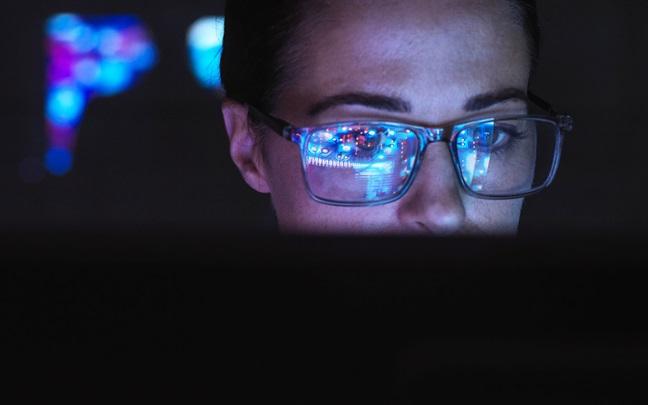The future of work is now. The increasing frequency and magnitude of economic, social and political disruptions, along with rapid advances in disruptive technologies like artificial intelligence (AI) are constantly changing how and where work is done.
Employers are rethinking their work models. They’re transforming work by accelerating automation, diversifying talent sources and becoming more flexible to better meet employee and business demands.
The future of work emphasizes agility, resilience, innovation and technological advancements such as AI, which are fundamentally altering the relationships between work, workforce and workplace.


















